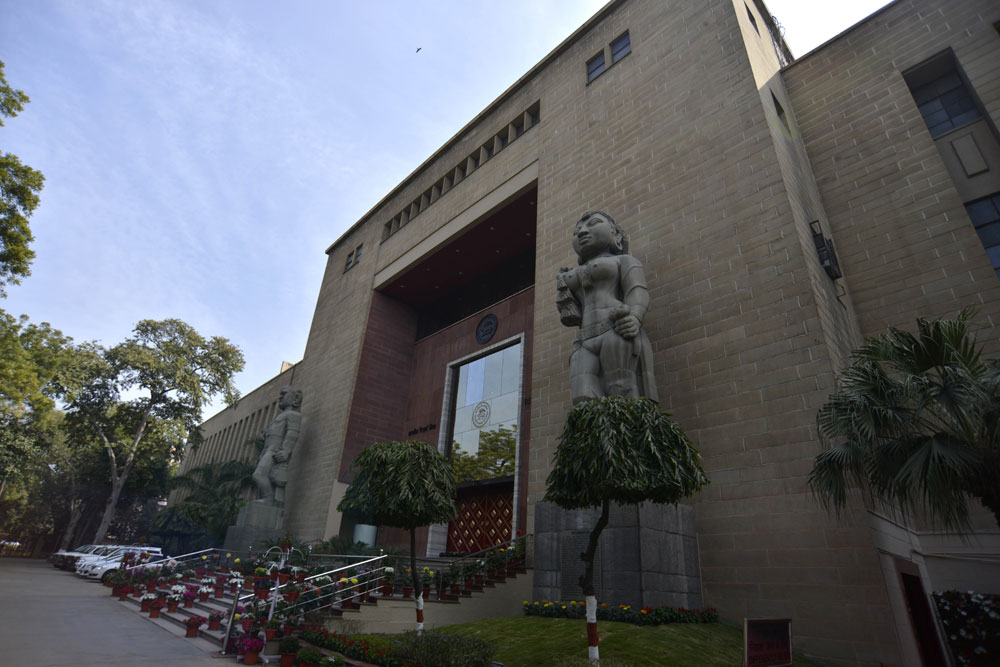The government and the Reserve Bank of India seem to be at loggerheads over a North Block plan to set up an independent payments regulatory board with the RBI fearing the move is designed to strip it of more powers.
Top finance ministry officials said the RBI was “visibly miffed” over the concept of setting up an independent payments regulator and had pointed out that this was one of the crucial functions of most central banks, including the the US Federal Reserve, Bank of Japan, Germany’s Bundesbank and the French central bank.
“The tussle over whether RBI should be divested of this power, really began with the Centre’s stress on digital payments and the desire to bring in a more modern mechanism which would be in sync with new payments banks such as those being run by mobile companies,” said officials.
The government countered the RBI with the UK example where the system has multiple regulators — the Bank of England and the Financial Services Authority.
The setting up of an independent authority has been suggested as part of a draft Payment and Settlement System Bill 2018, by a committee, headed by economic affairs secretary Subhash Chandra Garg that included IT secretary Ajay Prakash Sawhney, UIDAI CEO Ajay Bhushan Pandey and RBI executive director S. Ganesh Kumar.
The RBI has a cell that oversees payments settlements and, according to bankers, this system functions properly. The RBI has in fact been proactive to force multinationals such as Google to store data locally.
Power struggle
However, North Block remains unconvinced and prefers to have a greater say through the independent authority.
The finance ministry has also rejected suggestions that the RBI governor should be the chair of the board or have a veto power on its decisions, ruling that conflicts emerging between the RBI and the board should be decided by the ministry or a committee set up by it.











